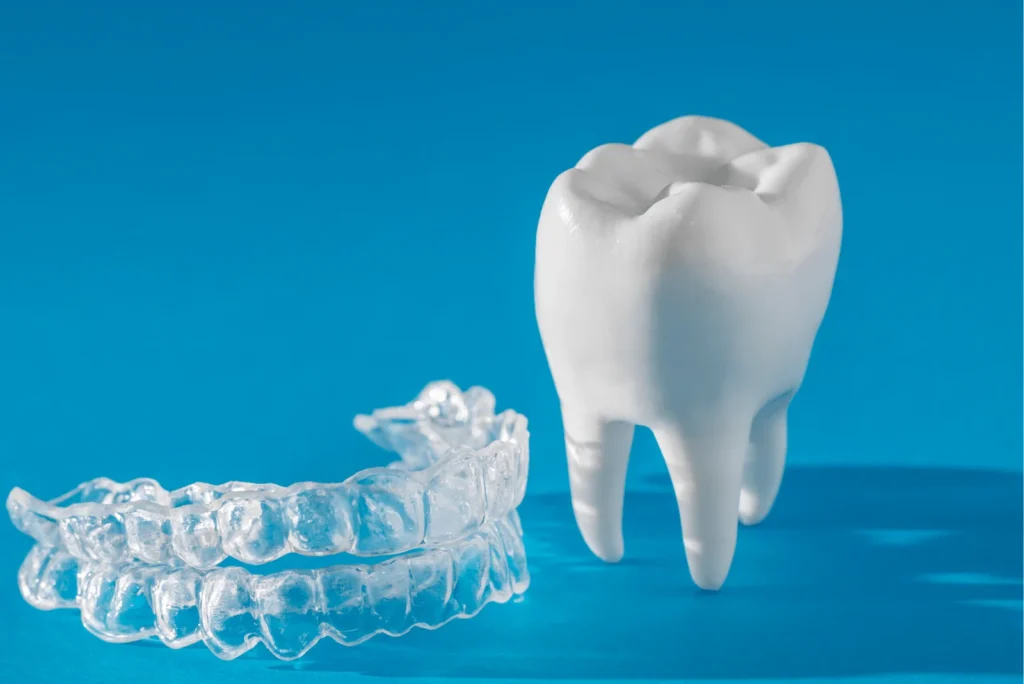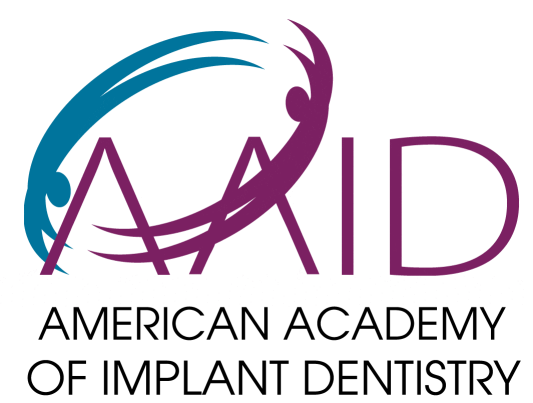Invisalign has skyrocketed in popularity as a discreet and removable alternative to old-fashioned metal braces. But potential orthodontic patients often wonder – can those clear plastic trays lead to cavities forming like traditional brackets?
It’s a common concern, but you can relax. With responsible care and hygiene habits, Invisalign rarely causes decay or caries while effectively straightening your smile.
Below we’ll discuss why Invisalign minimizes cavity risk as well as best practices for keeping teeth healthy throughout treatment.

Why Invisalign Aligners Don’t Cause Cavities Easily
Invisalign trays have a smooth, custom fit minimizing areas where plaque and bacteria can accumulate. This helps prevent the demineralization of tooth enamel eventually causing cavities. Here’s a closer look at their protective qualities:
- Fully Removable: Unlike glued-in braces, Invisalign aligners are taken out for brushing/flossing so your teeth get fully cleaned of cavity culprits.
- No Brackets/Wires: Braces feature brackets bonded to teeth plus archwires that provide crevices where plaque and acids generate decay. Invisalign has no such nooks.
- Tight Seal: Well-fitting aligners reduce open spaces around teeth where particles cause cavities to hide out.
- BPA-Free Plastic Invisalign uses smooth, medical-grade polyurethane plastic free of BPA and latex minimizing irritation.
- Facilitates Oral Care The removable design makes regular, effective brushing and flossing much easier during treatment.
With responsible oral hygiene and aligner handling, Invisalign straightens teeth without elevating your cavity risk like fixed braces can.
But staying cavity-free still requires effort on your part too…
Best Practices for Preventing Decay with Invisalign
While less prone to enabling decay than braces, Invisalign doesn’t eliminate the need for prevention. Make these tips part of your routine:
- Brush & floss after every meal before reinserting aligners
- Brush trays daily with soap & water or Invisalign cleaning crystals
- See your dentist every 6 months for professional cleanings & x-rays to check for cavities
- Limit sugary snacks & acidic drinks that deplete minerals in tooth enamel
- Use prescription fluoride toothpaste to strengthen enamel resistance
With conscientious home care and routine dental visits, you can complete Invisalign treatment cavity-free!
Now let’s address what to do if you still spot early signs of tooth decay.
What If I Develop a Cavity During Treatment?
If a cavity appears mid-treatment, call our office right away before it worsens. Attempting to complete Invisalign with unchecked decay causes extensive damage.
Catching cavities early allows quick, preventive treatment by our dentists:
Assessing Severity
We’ll examine the cavity’s extent on X-rays and determine if it requires a filling or other restoration.
Treating the Tooth
If indicated, we move swiftly to treat the decayed tooth using tooth-colored composite resin fillings or alternative materials to match your smile.
Adjusting Aligners
We may tweak your current or future aligner trays around the restored tooth area so Invisalign progress doesn’t stall.
Through prompt cavity treatment and aligner modifications, we’ll help get your teeth back on track toward straightness while preventing painful, expensive complications down the road.
Enjoy a Healthy, Beaming Smile with Invisalign
While Invisalign alone won’t prevent all cavities, incorporating good hygiene habits and routine dental care offers outstanding decay defense.
And catching any emerging problems early keeps treatment smooth plus teeth intact and damage-free.
For more information on navigating Invisalign safely or to schedule a consultation, contact Lansdowne Family Dental today! We look forward to helping your smile shine beautifully.






